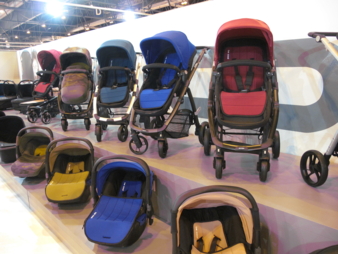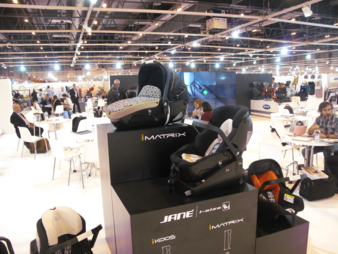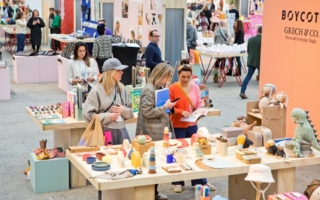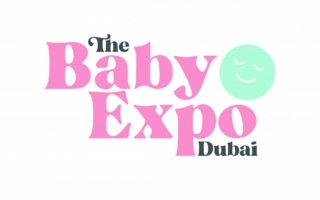12/11/2015 – Fairs&Events
Puericultura Madrid 2015 – cautiously optimistic
By Lena Hedö (Lek & Babyrevyn, Sweden) and Marek Jankowski (Branza Dziecieca, Poland).
Baby products sales in Spain have been decreasing since 2008. Some distributors say that half baby shops closed down. The number of births dropped of 18%. Second-hand market boomed. But there are some positive signals at last. You could have seen them at Puericultura Madrid (1-4.10.2015).
It was a third edition of the B2B expo organized by IFEMA – Feria de Madrid. Apart of producers, such as Jané, Dorel, Chicco, Cybex, and Bebecar, there were also some big Spanish distributors (e.g. Matias Massó, Mimame, El Bebe Aventurero).
The biggest stand at the fair belonged to Jané – the largest stroller manufacturer in Spain and also the largest brand. The design is done in Barcelona and production in China. The company was founded in 1932 and is a family business run by the 4th generation today. In 2004, the company bought Concorde, a German company with car seats of top quality. Be Cool, a new proprietary trademark, was founded in 2011, with a lower price point. "Internationally Concord goes very well in China. Jané has just launched in the US", says Marcel Vila, Brand Manager Be Cool.
Be Cool is a young brand, made by young people for young people, that is committed to a product that guarantees a balance between design, features, and price. An urban, nimble and modern product aims to make daily life easier for active parents who want the best for their babies. Southern Europe is their largest market, but they have distributors in several other countries.
Their designers visit many different fairs, sporting, apparel and more. The baby market is following the big trends, and often one year after. For prams, plain colors have been popular until now, but the trend is towards more color and small printing details, electric blue is spring trend color. The strollers are more colorful and comic printing is popular.
"Car seats are sold mostly in dark colors, most important however is rear-facing, I-Size, but we have a hard time convincing the consumers", says Marcel Vila. "Car seats that are reversible, are the most popular in Spain", he concludes.
Another leading company on Spanish market – Matias Massó – is a family business as well. The company, its owner, and his son all share the same name. The distributor based in Barcelona has in its portfolio such brands as Britax Römer, Inglesina, 4moms and Tommee Tippee. "It's hard to launch a new brand nowadays. The market is in a very bad condition, there is no room for new players. Yet there are some attempts all the time. Even at this fair there are 33 stroller brands", comments Matias Massó Junior.
The company has 15 sales representatives who know the character of particular regions. It's important because e.g. you won't sell anything in Bilbao or San Sebastian if you don't speak Basque. One of the reps works on the Canary Islands, another one on the Balearic Islands. In Andalusia, there are three persons because the region is very large and diversified. There is a little shop in virtually every village – or at least used to be.
Before the global crisis, Matias Massó worked with 3 thousand baby stores. Only half of them has survived. Where do parents shop then? "They go to shopping malls located near big cities", replies Junior. E-commerce is not very strong in Spain, with around 10% share in overall baby products sales.
Almost all of the people we asked about the prospects for the future were cautiously optimistic. "The things are going in the right direction, but very, very slow", they said. The fair statistics seem to confirm it. The number of exhibitors was also similar to last year (although, in our opinion, their offer was more diversified and interesting). The number of visiting professionals grew by 1.3%. 40% of the international visitors came from Portugal and it's very important for the organizers since they position the show as the leading trade event in the Iberian Peninsula.
by Lena Hedö (Lek & Babyrevyn, Sweden) and Marek Jankowski (Branza Dziecieca, Poland)





